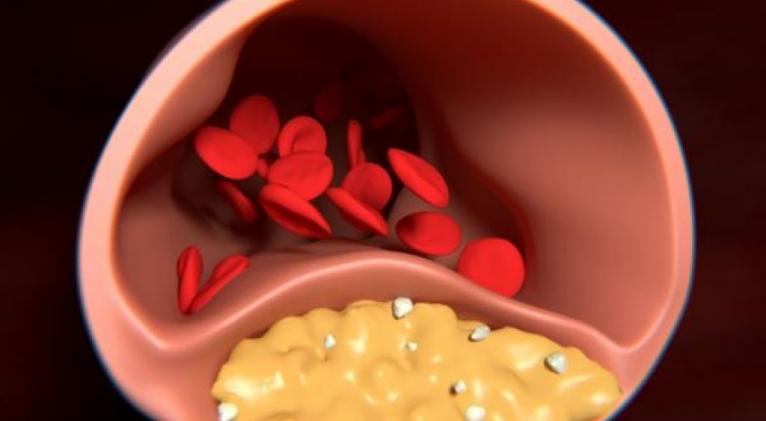New unknown risk factor for arteriosclerosis identified

Following a blood infection, the first class of antibodies produced by the immune system are IgM antibodies. They form the "vanguard" of the immune response, before other cells are activated to fight the infection. Some people are deficient or completely lack these antibodies, so that they develop congenital immune deficiency. Together with the CeMM (the Austrian Academy of Sciences Research Center for Molecular Medicine), researchers from MedUni Vienna's Division of Medical-Chemical Laboratory Diagnostics have now discovered how this deficiency can also lead to an increased risk of arteriosclerosis and consequently even to serious cardiovascular diseases.
In the human immune system, IgM antibodies (immunoglobulin M) not only play a primary role in the immune response but also maintain an important balance: they control the physiological development of B cells, which are responsible for producing and disposing of antibodies. They therefore also regulate the blood concentration of IgE antibodies and make sure that this is kept in check and always restored to the correct level to keep the immune system in balance.
However, if there is a lack of IgM antibodies, this balance cannot be maintained. The uncontrolled IgE antibodies, which also play a significant role in the development of allergic reactions, lead to the increased formation of plaques, activation of mast cells and inflammatory processes and constrict and damage blood vessels. This was proven by the team headed up by Christoph Binder and lead author of the study, Dimitrios Tsiantoulas, in an animal model.
"For the first time, we were able to show that IgE antibodies can themselves provoke inflammatory reactions in vessels and that inhibition of these IgE antibodies prevents damage to the vessels," explains Binder. In future, this knowledge could open up new treatment options by restoring the balance of the immune system. "We were able to identify a completely new function of IgM antibodies, which also probably plays a major role in the development of allergies," adds Tsiantoulas, lead author of the study.
Deficiency in or total absence of IgM antibodies is very rare. However, reduced IgM antibody levels are found in up to 2.5% of the total population.













Add new comment